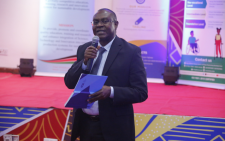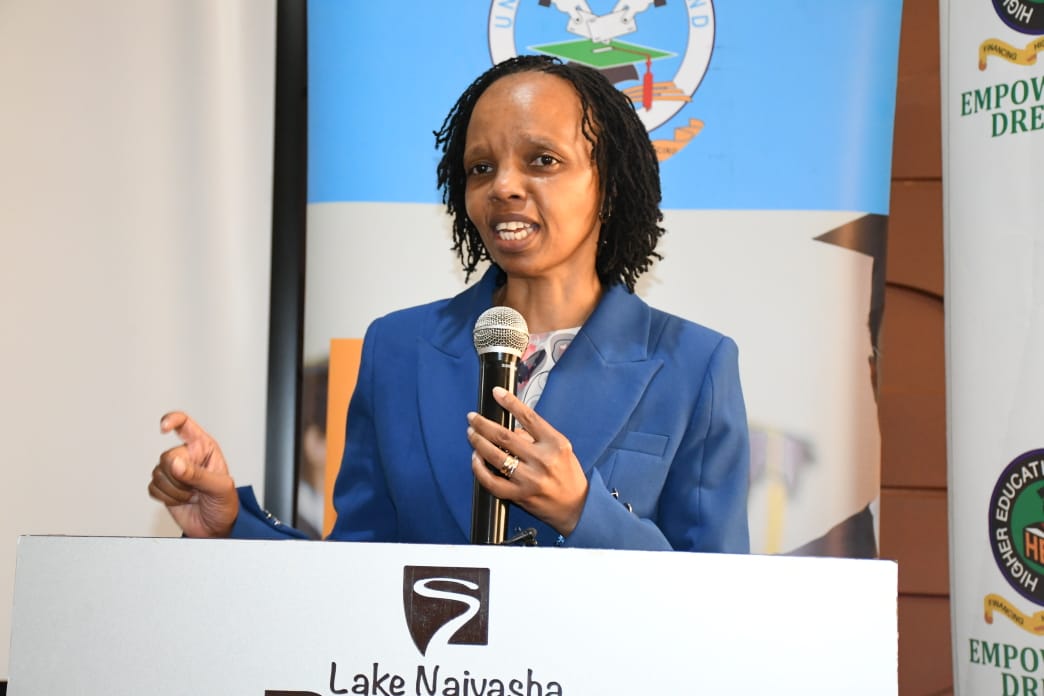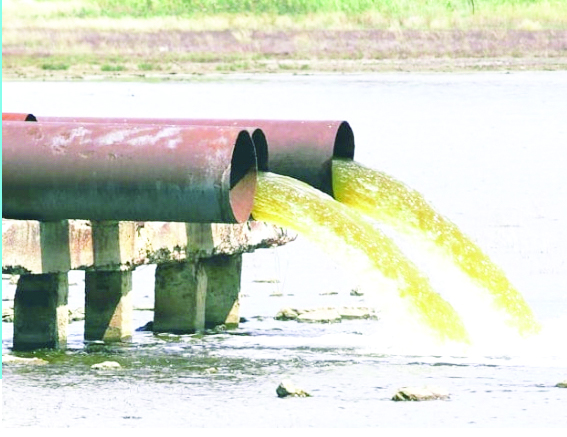KCSE malpractices – Episode. 6: Post-exam phase

The post-examination phase of the KCSE tests plays a crucial role in maintaining the integrity and credibility of the entire examination process. This phase involves the secure handling of examination scripts, impartial marking, accurate recording of results, and the eventual release and celebration of these results.
Even with KNEC’s implementation of stringent measures, challenges such as bias, malpractice, and data manipulation continue to pose significant threats. Episode 6 of this investigative KCSE malpractices series delves into the measures taken by KNEC, the challenges encountered, and the urgent need for comprehensive reforms to safeguard the examination’s credibility.
To strengthen security in the post-examination phase, KNEC has introduced several initiatives aimed at preventing malpractices. One such measure is the outsourcing of logistics to a single service provider, which is expected to streamline operations and enhance the secure handling and transportation of examination scripts. Traditionally, KNEC managed all logistics internally, including printing, storage, and distribution.
KNEC has additionally established command-and-control centres to facilitate real-time monitoring of the transportation and storage of exam scripts. These centres enable timely responses to any irregularities, thereby reinforcing the security of the examination process.
Despite KNEC’s efforts, instances of compromised marking have been reported. For example, in some cases, multiple scripts from a single centre were found to contain identical answers, suggesting collusion among candidates. In one notable incident, every student at a particular school scored above 40 out of 60 with identical responses in their English Paper 3 compositions. Such anomalies raise serious concerns about the credibility of the marking process.
When allegations of bias or malpractice arise, KNEC is expected to conduct thorough investigations. This should involve reviewing the marking patterns of accused examiners, re-evaluating affected scripts, and consulting independent assessors. If misconduct is confirmed, corrective actions are taken, such as re-marking scripts, nullifying compromised results, and sanctioning the involved examiners.
These steps are crucial in maintaining fairness and restoring public confidence in the examination system. However, the effectiveness of these measures is often undermined by a lack of transparency and the reluctance of teachers to report malpractice due to fear of victimisation. To address this, there is a need for anonymous reporting mechanisms and protective measures for whistle-blowers.
Accuracy in recording and releasing examination results is another area where KNEC has implemented rigorous protocols. Before results are released, multiple verification processes are undertaken. These include cross-checking recorded marks against original scripts, employing data verification software to detect anomalies, and conducting audits to confirm consistency. Also, KNEC has adopted advanced digital security measures such as encrypted systems, multi-factor authentication, and real-time monitoring to safeguard examination data from unauthorised access or manipulation.
The release of KCSE results is often followed by elaborate celebrations in schools that purportedly perform exceptionally well. However, discrepancies between these results and previous internal assessments raise questions about their authenticity.
For instance, a school that had set a mean score target of 8.3 might end up celebrating a mean score of 9.2, despite having internal mock exam means barely reaching 4.5. Such disparities are pointers to irregularities in the examination process. Moreover, the unwarranted celebrations are frequently covered by mainstream media, in a well-choreographed script often facilitated by financial incentives. This practice not only misleads the public but also devalues genuine academic achievements.
— The writer is a Professor of Chemistry at the University of Eldoret, a former Vice-Chancellor, and a Quality Assurance Expert;















